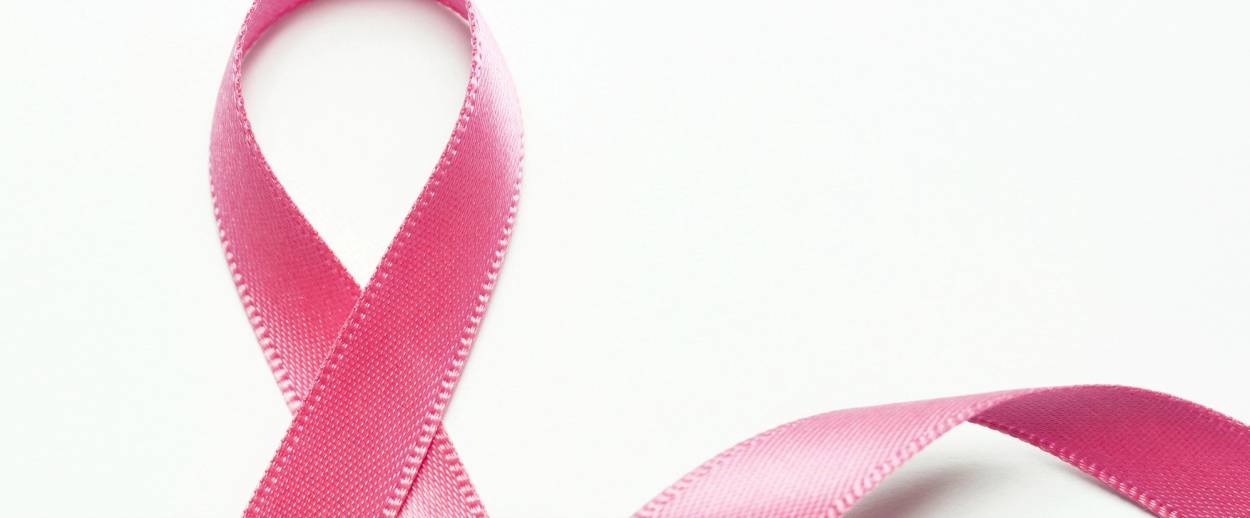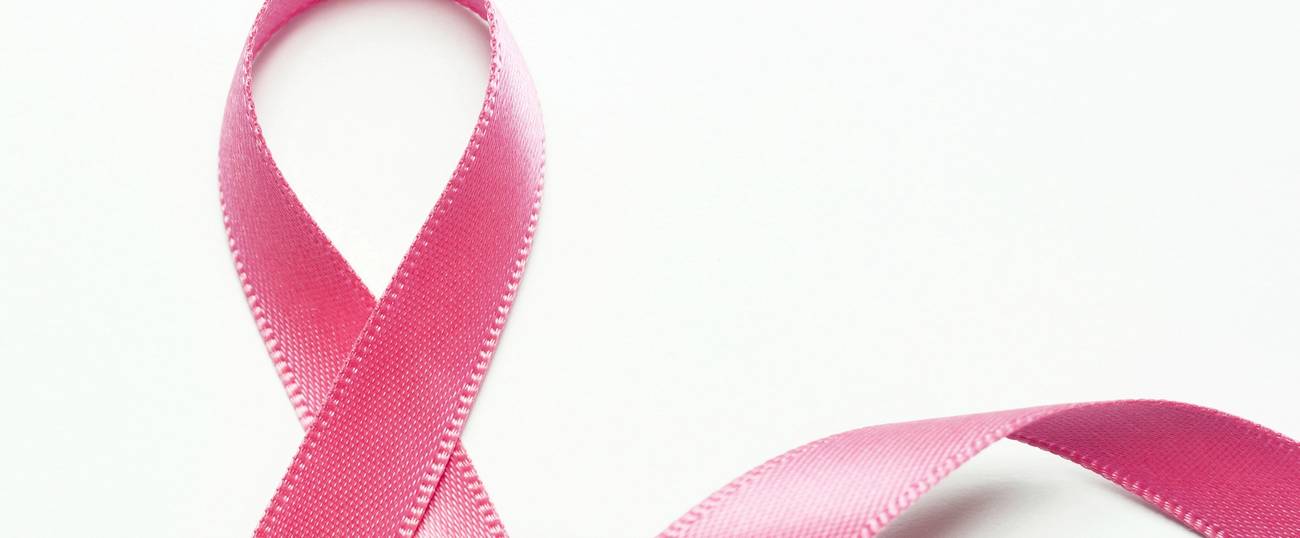Jewish Perspectives on Breast Cancer
A look at some of Tablet’s coverage for Breast Cancer Awareness Month




October is Breast Cancer Awareness month, marking the campaign’s 30th year. Around the world, people are doing what they can to raise awareness for the disease that disproportionately affects Ashkenazi Jewish women, and will kill an estimated 40,000 women in the U.S. this year alone.
Here is a look inside our breast cancer-related coverage, including a movie that casts a skeptical eye on the pink-branded efforts to raise awareness (see above), and remembrance of Sharsheret founder Rochelle Shoretz. Each link below is accompanied by a paragraph from the article.
When Cohen received a breast cancer diagnosis a few months later, in 2009, she was terrified. “I knew I had the advantages of modern medicine,” said Cohen, “so I wouldn’t be disfigured but I promised myself I’d handle it differently.” For one, she would not keep secrets the way her mother once had; she told her daughters about her condition right away.
‘But Mommy, Am I Going to Get Breast Cancer Too When I Grow Up?’ by Judith Rosenbaum
I imagine that all parents eventually must come to terms with the fact that the legacy they’ve passed on to their children is in some way mixed—a blend of positive and negative characteristics, emotional and physical. Our case is just clearer, documented by a genetic test and several scarred bodies.
Brought Together By Cancer by Ruth Ebenstein
It’s my turn. I describe my diagnosis in 2010 at age 42 while nursing my baby. Then my voice cracks. Struggling to stymie my tears, I am overwhelmed by the coexistence and sisterhood that I have come to find. When a friend emailed me days after my lumpectomy about an Israeli-Palestinian support group, I felt buoyed by the prospect of something “good” coming out of my disease. Ever longing to befriend Palestinian women, I knew that this shared experience would jump-start intimacy. But I never imagined the heart-to-heart connections that would emerge.
Breast Cancer Isn’t Just Pink by Marjorie Ingall
The movie isn’t perfect, but it raises important points about how the pink-ification of breast cancer has come at a cost. It asks whether the vast sums raised are being used effectively; whether all those races and walks “for the cure” create an unrealistic portrait of breast cancer, waste money, and trivialize the disease; and whether companies capitalize on pink-ribbon culture to lure consumers while distracting attention from their own corporate sins.
“Genetics is a big issue for Jewish women in particular,” Shoretz, an Orthodox Jew, told Fox News in New York in a video published in 2012. “In the general population, one in 345 women carry a mutation in the BRCA1 or BRCA2 gene that could increase the likelihood of developing breast or ovarian cancer by as much as 80 percent. In the Jewish Ashkenazi population, one in 40 women carry a mutation in the gene. A lot of the families who are calling Sharsheret are looking for resources and support for that “Jewish gene” as they call it.”
Remembering by Tamar Fox
So, on Mother’s Day I’m filled with regret, but I’m also inevitably filled with rage. I know they’re straw men, but I can’t help feeling angry at the marketers and advertisers who assume we all have lively, lovely mothers who like flowers and French toast. Some of us never knew our mothers, or had mothers who walked out on us, or disowned us, or abused drugs, or abused us. Mother’s Day seems like a thumb in the eye of everyone whose mother is not typical or not alive.
The Things We Carry by Vox Tablet
In her book, Blood Matters: From Inherited Illness to Designer Babies, How the World and I Found Ourselves in the Future of the Gene, Gessen writes about these dilemmas, and about those that others have faced, as genetic testing shines a new—and not always welcome—light on our futures. She speaks with Nextbook about the scientific, philosophical, and emotional implications of this complex new way of understanding ourselves.
For our entire breast cancer related archive, click here.
Hannah Vaitsblit is an intern at Tablet.